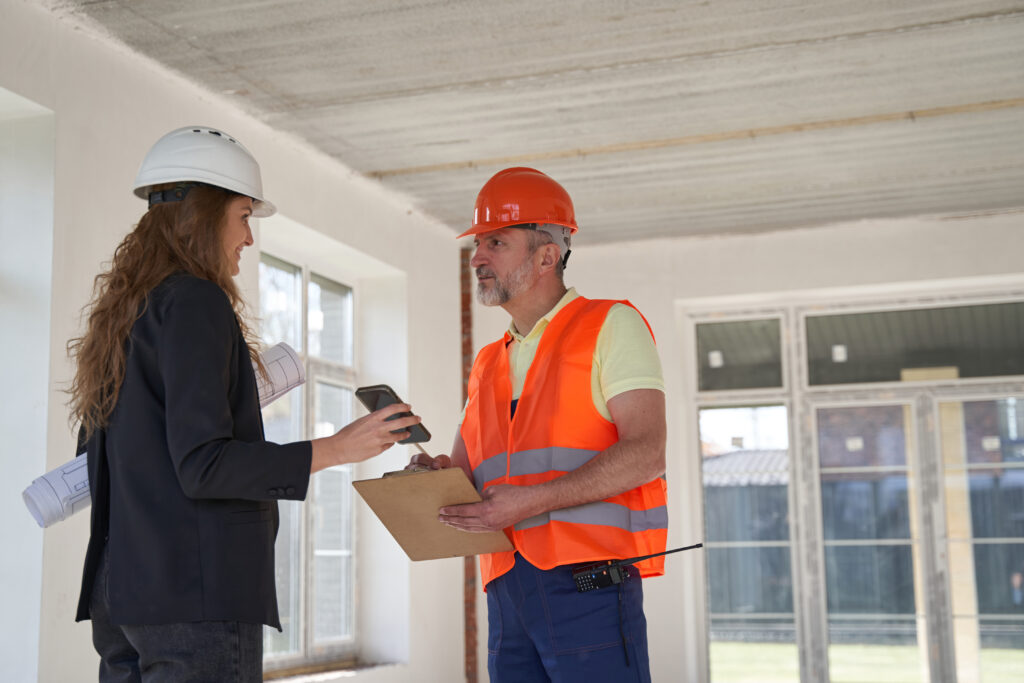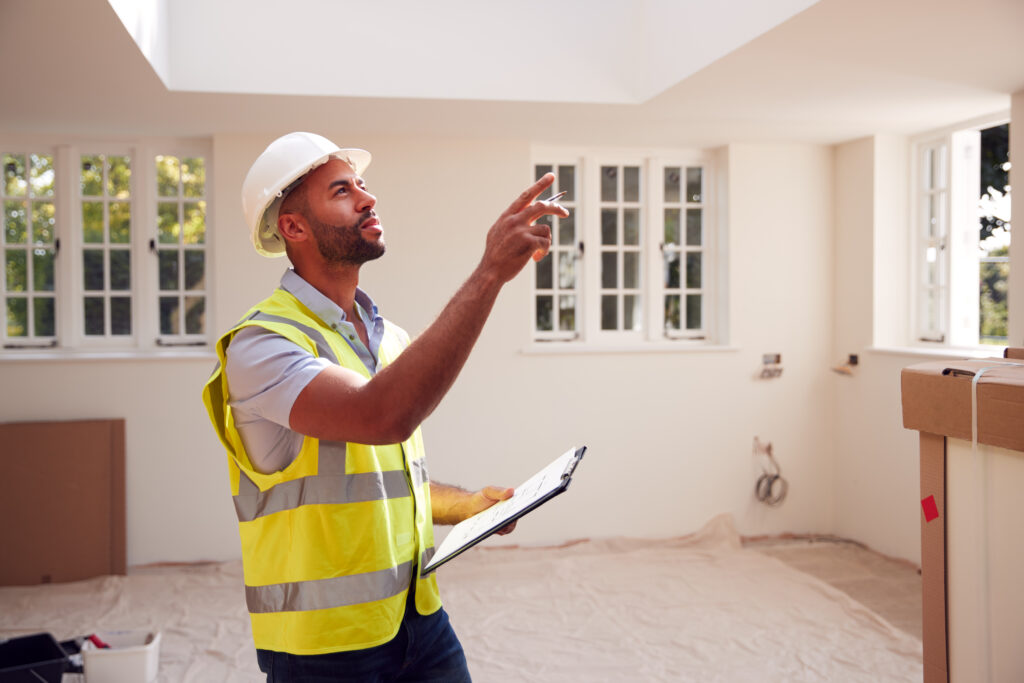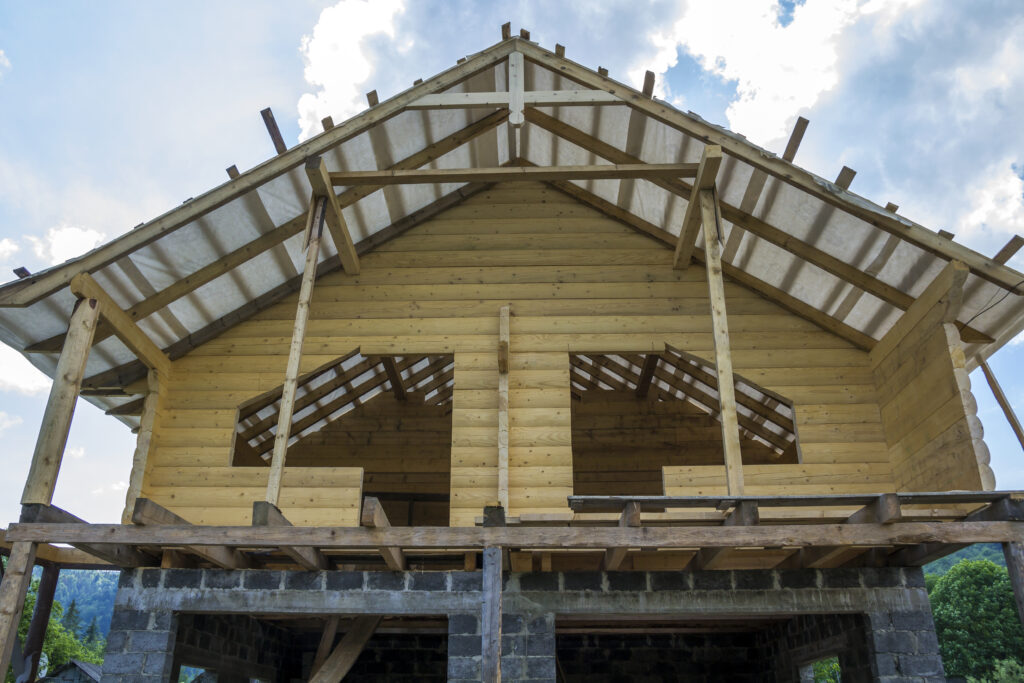A home inspection is a crucial part of the real estate transaction process, providing buyers with a clear understanding of a property’s condition before finalizing the purchase. One of the most common questions asked by first-time homebuyers is: how long do home inspections usually take? The answer can vary depending on several factors, but most standard home inspections take between two to four hours to complete.
Understanding what influences the duration of a home inspection helps buyers better prepare for the process and ensures they allocate enough time to attend and ask questions. It also sets realistic expectations for how thorough the inspection will be.

Average Inspection Time for a Standard Home
For a typical single-family home between 1,500 and 2,500 square feet, the average home inspection usually takes about 3 hours. This timeframe allows the inspector to thoroughly evaluate all major systems, take notes, photograph problem areas, and compile a report.
However, smaller homes may take as little as 1.5 to 2 hours, while larger or more complex homes can take upwards of 4 to 5 hours. Multi-unit properties or homes with additional structures, like garages or barns, will naturally extend the inspection timeline.
What Happens During a Home Inspection
A certified inspector examines all accessible parts of the home’s structure and mechanical systems. This includes:
- Foundation and structural integrity
- Roof, attic, and insulation
- Plumbing, including water pressure and drainage
- Electrical panels, outlets, and wiring
- HVAC systems and water heaters
- Walls, ceilings, floors, doors, and windows
- Appliances included in the sale
- Exterior elements like grading, gutters, and siding
The inspector’s goal is to identify safety hazards, deferred maintenance, code violations, and any signs of deterioration. Each system is tested where applicable, and all findings are documented in a written report delivered within 24–48 hours of the inspection.

Factors That Can Affect How Long an Inspection Takes
Size and Complexity of the Home
Larger homes have more systems to inspect and more ground to cover. A 4,000-square-foot home may take significantly longer than a 1,200-square-foot home. Likewise, unique architectural designs, basements, crawlspaces, or outbuildings can extend the time needed.
Age and Condition of the Property
Older homes generally take longer to inspect because they may have outdated electrical systems, older plumbing, or evidence of foundation settling. Inspectors must take extra care when evaluating these components, often leading to longer inspection times.
Occupancy and Accessibility
Vacant homes typically allow for a smoother inspection. If the home is occupied, personal belongings may block access to certain systems or areas, potentially delaying the process. Inspectors are not permitted to move heavy furniture or personal items, so accessibility can impact timing.
Buyer Participation
Buyers are encouraged to attend the inspection. While this doesn’t necessarily increase the time it takes, asking questions during the walkthrough can add a bit of length to the process. However, this engagement is highly beneficial, as it helps buyers better understand the home’s systems and potential issues.

When Additional Services Are Included
If the buyer has requested add-on services, such as radon testing, mold sampling, termite inspections, or sewer scope evaluations, the total time on-site will increase. Some of these services are conducted during the inspection; others may require separate visits or lab processing afterward.
It’s important to clarify with your inspector beforehand which services are included and how they affect the inspection timeline.
How Buyers Should Prepare
Knowing how long do home inspections usually take helps buyers plan accordingly. It’s wise to block off at least three hours on your calendar and be present for the entire process if possible. Dress comfortably, bring a notepad, and don’t hesitate to ask the inspector for clarification on anything that seems unclear.
You don’t need to follow the inspector every step of the way, but being present during the summary review at the end of the inspection allows you to hear key findings firsthand. This can also help you prioritize which issues to negotiate with the seller.

When Will You Get the Inspection Report?
Most inspectors deliver their final report within 24 to 48 hours of completing the inspection. The report includes a detailed overview of findings, photographs of issues, and recommendations for repairs or further evaluation. This document becomes a key tool in post-inspection negotiations or determining whether to move forward with the purchase.
Working with trusted professionals like Icon Home Inspectors ensures timely reporting and thorough, easy-to-understand documentation.
Conclusion
So, how long do home inspections usually take? Most take between two to four hours, depending on the home’s size, age, complexity, and accessibility. While the duration may vary, the time invested is well worth it for the insight and protection it provides.
Being present and engaged during the inspection helps buyers understand the true condition of the home and confidently move forward with one of the biggest purchases of their life. For thorough, licensed inspections in Northeast Ohio, schedule with Icon Home Inspectors today.